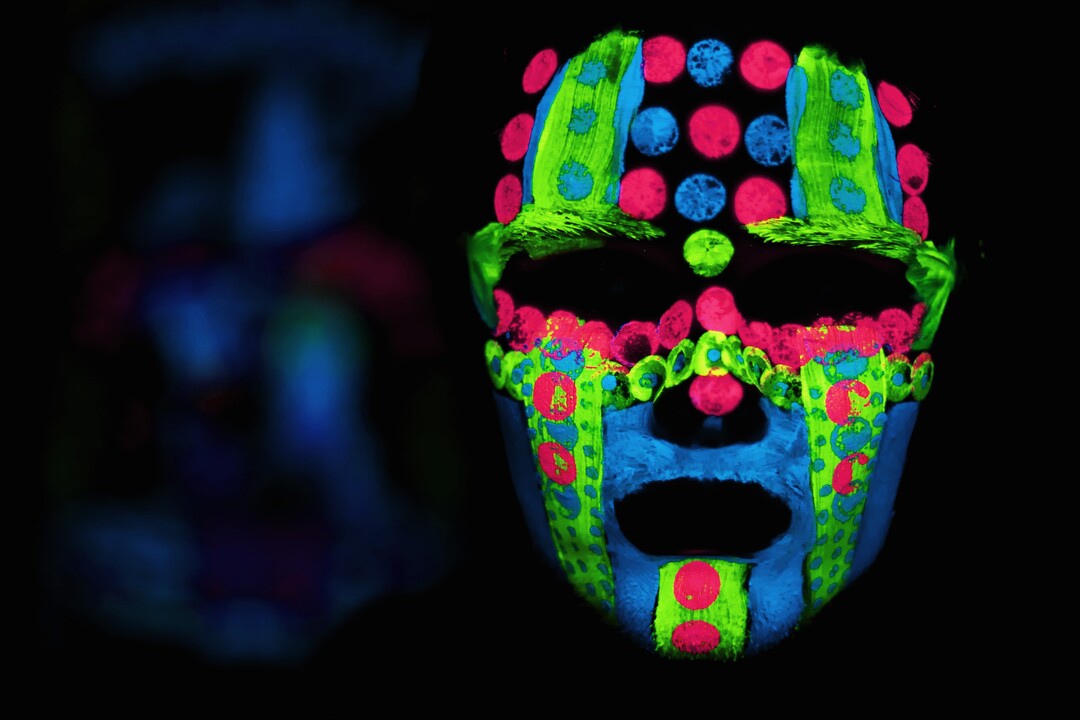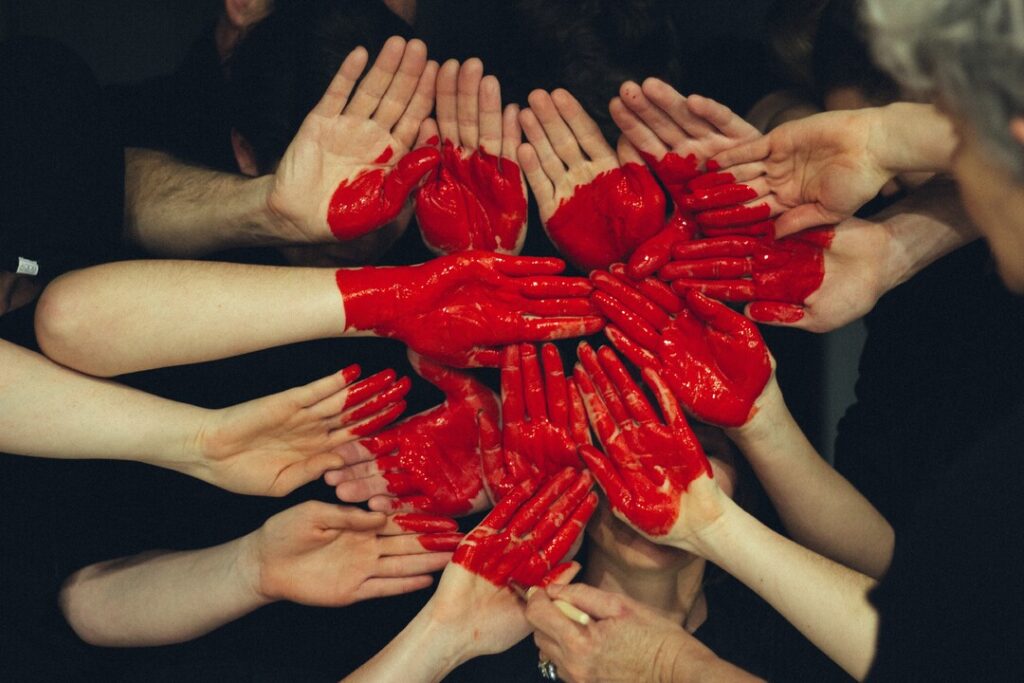What Makes Us a Tribe?

Lately, I have been thinking a lot about what makes us a tribe. The word is quite problematic, you see.
Between its very academic definition that privileged western anthropologists, with their preconceived notion of ‘culture’ and ‘civilization’, came up with and the revised, more recent interpretation by corporate leaders, the word bears the weight of an array of troublesome meanings and their associated consequences.
As someone who hails from the remote northeast part of India, I find the stereotypical image of indigenous people that the academic definition paints, maybe not directly but through film and other media, quite elitist.
On the other hand, corporate leaders have overused the word in an attempt to instill in their employees a sense of loyalty and mission, to maximize productivity and hence, profit. There is nothing wrong with that except that in most cases, this particular approach backfires and results in counterproductivity. I will get back to that later.
Then there’s this third aspect that’s most disturbing. Doesn’t the concept of tribe violate the ethos of individualism?
‘Tribe’ is a troublesome word, I tell you. And yet, we are a tribe. I can feel it.
Like it or not, from an evolutionary standpoint, we are all programmed to seek affiliation with and through other people – family, friends, any other social or even professional group. Even the introverts among us. I say it from my own experience and not to discard or resist the primacy of the individual. I am an introvert and individualist. I don’t share a very close relationship even with my immediate blood family. I have very few friends. And yet, I proudly call myself a Josephite (I did my masters from St Joseph’s College). I am a proud Embiber (not saying it just to butter up anyone). And the few friends I have, I value my association with them.
What I am trying to say is that our consciousness is shaped by the people around us. Not just our earliest ancestors, but also, we, people of this 21st century need other people to live, if not to survive. Our struggle for survival has changed its shape and our lives aren’t as difficult as our ancient ancestors. But we do need people. And yes, you can retain your individuality and introversion by being associated with other people.
Now, about the concept of ‘business tribe’, many corporations try to leverage tribal force and instinct to maximize performance. Like I said before, there is nothing wrong with it but what happens in practice is that the essence of the ‘tribe’ gets diluted due to a lack of proper leadership. Also, in big organizations, a sense of tribalism can result in the formation of small tribes at sub-organizational levels. This, in most cases, becomes counterproductive and halts collaboration. I myself had developed a similar kind of mindset when Embibe started expanding.
As I mentioned in one of my previous posts, we used to wear many hats when we were a small team. I myself worked with many teams on different projects which were above and beyond my designated tasks. But when we expanded, suddenly I started giving more preference to my own team. There’s nothing wrong with it as long as it doesn’t impact the overall company mission.
But I believe in one or two instances, I had compromised with that, unknowingly. My reason was – it’s not just me anymore; there are other people in the team and I have to take care of their metrics as well. To my surprise, my ratings were lower than I had expected, in the quarterly performance review. Even though my team performed really well. I asked my manager and she said, “You were not closely-knit and empathically strong with other teams.” She explained how this is not good and I rectified myself.
Strong leadership with exceptional communication skills and a highly transparent work culture play a crucial role in nurturing this ‘tribe’ factor. Thankfully, at Embibe we have amazing leaders, people who demonstrate our values in every breath and guide others to live by the same. I feel extremely lucky to have worked with certain people here who have helped me be one with the ‘tribe’.
I remember during my first week as an Intern here at Embibe, we were called for a meeting. A certain man, sitting in the middle of the room with his laptop, was asking every single one of us if we were facing any difficulty and if we had any suggestions to improve the processes.
When my turn came, I said, “I am just an intern. It’s my first week.”
He replied, “It doesn’t matter if you are an intern or a full-time employee. As long as you work here, you are part of the family. And I hope you have some issues and feedback to share with us in the next meeting.”
This type of incident happened multiple times. A few months after I was confirmed as a full-time employee, I was working one weekend. There were few people at the office that day. The tech and the product teams were there in the conference room, for they had a meeting with Aditi. She came to the office and saw me sitting in the marketing room all alone.
“What are you doing here? Come to the conference room,” she said.
I didn’t understand shit in the meeting. It definitely helped me later to understand the product, to develop certain technical skills. But at that moment, it just made me happy and instilled in me a sense of belonging… to the tribe.
Instilling the ‘tribal’ mindset is easy when the organization is small. But the inescapable fate of every growing organization is that the organic osmosis of its values, vision, and mission becomes inversely proportional to its growth. Especially, in these times of remote working, thanks to COVID (and that’s why I hate remote working; this and remote working doesn’t really work well with hustlers).
Our strong leadership, clear communication, transparency, cross-functional teamwork made it easier for us to tackle the issues to a great extent.
And yet, I feel, it is important to tell stories, to reinforce the ideas, to solidify the very foundation of our culture. And that’s why this post.
I think the most important reason why we are a tribe, as you might have understood from what I have written, is the fact that we are so closely knit, not just when it comes to our work but also at a very personal level. The way everybody is looking after each other in these COVID times is testimony to this.
But a tribe is not just about belief in a community, as demonstrated above, but also about belief in an idea and I think that’s what binds us more than anything else. Our commitment to our community stems from our shared belief in the idea of Embibe – our vision to democratize and personalize education for the world. We truly believe in what we do every day at Embibe.
A tribe is also about respect and admiration for the leader of the tribe and for the other members. This respect and admiration that we have for our leader and for each other stems from our shared history. The motivation behind what Aditi set on to achieve back in 2012 with the creation of Embibe, to deliver a no regrets life to every child, has its origin in her own experiences as a student – something that most of us can relate to. We all have experienced it, the failure of our education system in enabling us to reach our fullest potential, in some way or the other. And being a part of the revolutionary journey Aditi embarked on makes us brimmed with respect for her and for each other. We are proud of being part of it.
And that brings us to pride – another typical trait of tribes. I think most of us have a very strong sense of pride. We take pride in being part of this organization. We are proud of making real contribution to the world, in the field of education. We are proud of our product, our technology. Like we have all done at some point or the other, I have witnessed colleagues complain about certain aspects of Embibe but at the very next moment, in a different context, they expressed their pride about the product, how it is far superior to what other players in the market are offering. And these include people from different teams, not just people who actively build the product.
One more thing that, I believe, makes us a tribe is how we try our best to live by our values. Many companies have very nice sounding values. But I think values mean nothing unless you breathe life into them. Embibers, most of us, tend to demonstrate these values, at least in our day-to-day activities and interactions within the company. I had mentioned a few examples in an old post but I can go on and on.
While all these – a sense of belonging, our shared mission and vision, our respect for our leader and for each other, a feeling of pride for what we are doing, and adherence to our values – definitely make us a tribe, I also believe that a true tribe is characterized by their instinctual and shape-shifting nature. They resist easy labelling and are masters of their own fate. And if we look closely at ourselves, at an individual level as well as at the organization as a whole, this is exactly what we are. And that’s what makes us a tribe!
(This article was first published on LinkedIn.)




